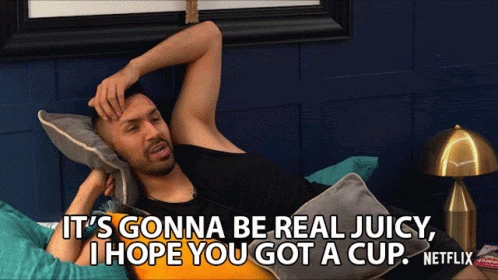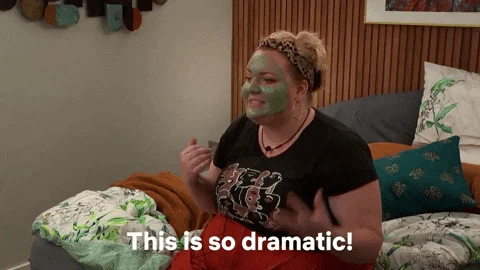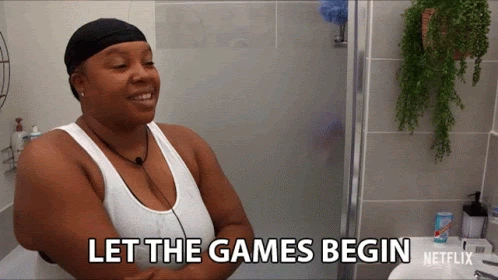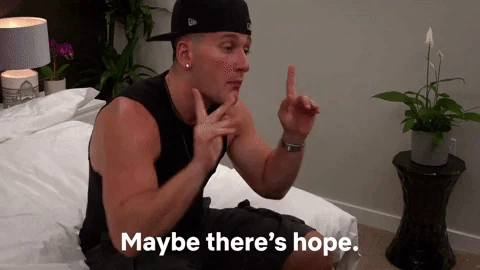Netflix's “The Circle” Reminded Me How Fake People Can Be On Social Media
I love social media almost as much as I love reality shows, so I was intrigued when I heard of “The Circle” on Netflix.

While watching the show, I noticed a decent number of contestants were exaggerating their personality to seem more likable on social media, and how some were just flat out catfishing. It truly went to show how far some are willing to go to look impressive on social media.

How the Show Works
Eight contestants move into an apartment complex known as The Circle, where they can only communicate by using social media. Some contestants were entirely themselves. Some used their real photos but misrepresented parts of their lives (like saying they were single when they were really in a relationship so they can flirt). And some resorted to catfishing. Since none of the contestants can see each other face to face, they have no idea who is being real and who is a catfish.
Since none of the contestants can see each other face to face, they have no idea who is being real and who is a catfish.
Every few days, contestants must rank each other by likability and believability. The two contestants who receive the highest ratings become “influencers” with blue check marks on their profile. With great power comes great responsibility, for the two influencers get to choose who to “block” and send home, also based on likability and believability.
When a contestant is blocked and eliminated, they have the chance to have a face-to-face discussion with another contestant and make a video message to share their true intentions. Then a new contestant comes in, so the circle always has eight people in it.

The goal is to not get blocked and to make it to the end. Contestants vote who is the most likable and believable and the winner takes home $100,000.
Catfishing and Exaggerating Profiles
As mentioned before, a few contestants changed a few things about themselves to come across as more likable to the other contestants. The most common thing to do was for a contestant to say they were single when they were really in a relationship. This made it easier to make connections with other contestants because they could flirt.
Many contestants picked a noticeably more physically attractive profile picture.
I also noticed a trend with contestants who went the catfishing route. While one contestant used his girlfriend’s photos to flirt with the male contestants, the others picked a noticeably more physically attractive profile picture. I don’t blame them. I would do whatever I could with that much money on the line, but it goes to show how shallow social media is.

We All Do It
It’s no secret that the use of social media can be linked to negative mental health consequences like anxiety, depression, and low self-esteem. Watching how contestants were willing to exaggerate their personalities on social media made me question my own social media habits.
I don’t post any pictures without makeup on. I mainly post about happy things, so my Instagram followers don’t see my bad days when my anxiety and depression act up. I post pictures when I’m dressed nicely (so the sweatshirt and sweatpants combination I’m wearing while writing this wouldn’t make the cut). The only time I share photos of me without makeup or in sweats is when I’m Snapchatting my friends that I’ve known forever, some since I was nine years old. The thought of a stranger seeing me in sweatpants, hair tied, chilling with no makeup on (yes, that’s a Drake reference) gives me anxiety.
At the end of the day, we truly do value authenticity on social media.
I often compare myself to others I see on social media. But in reality, we’re all posting a highlight reel. The beautiful Instagram model whom I follow has as many bad days as I do. She just doesn’t broadcast it online. If I’ve learned anything from watching this show, it’s that we should be ourselves on social media. At the end of the show, the contestants who stayed true to themselves made it further than the fake ones. This just proves that at the end of the day, we truly do value authenticity on social media.

Closing Thoughts
The Circle shows how far some are willing to go to look interesting on social media. Some went as far as catfishing, but authenticity won in the end. It goes to show that no matter how superficial our culture gets, we all crave authenticity at the end of the day. It’s a lesson we should all remember before posting on social media.